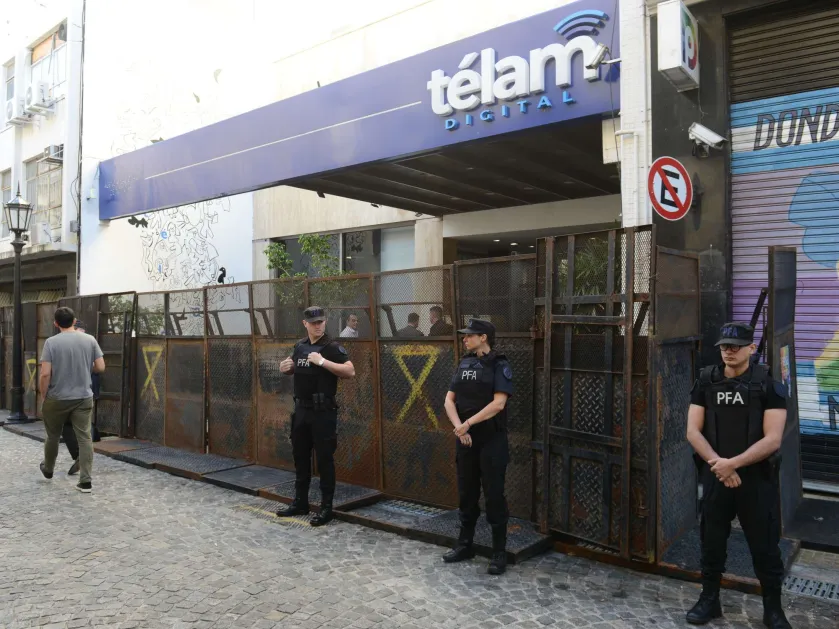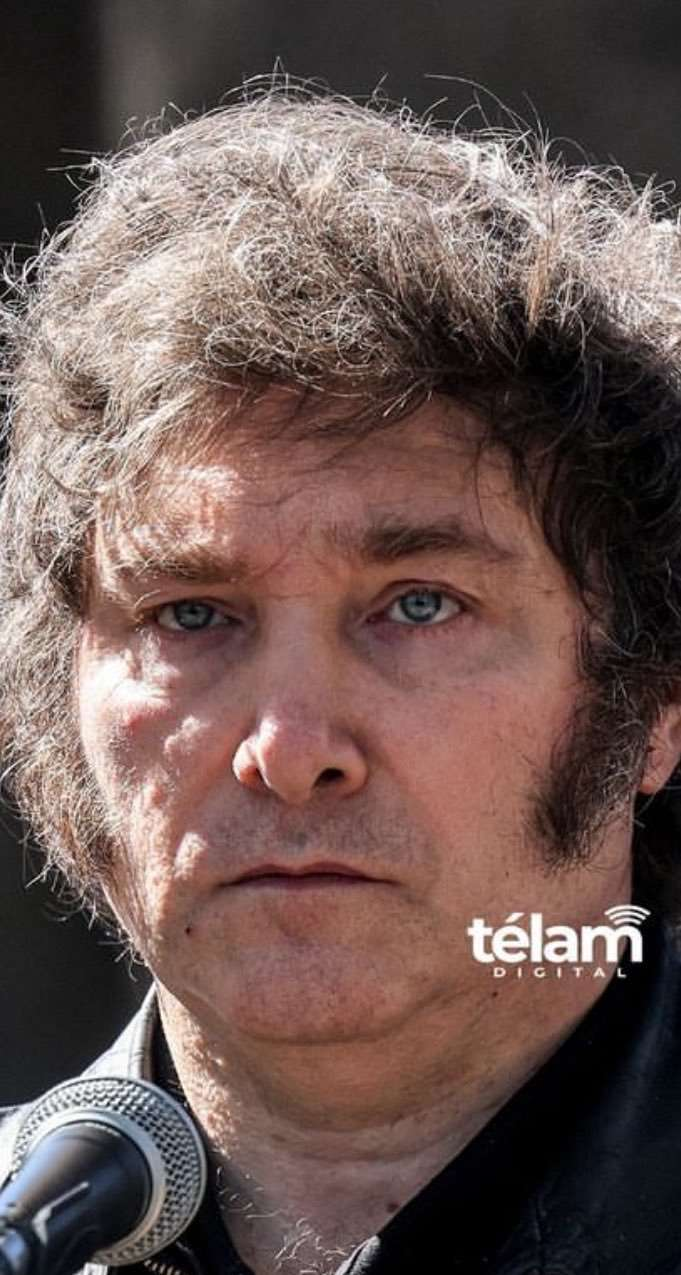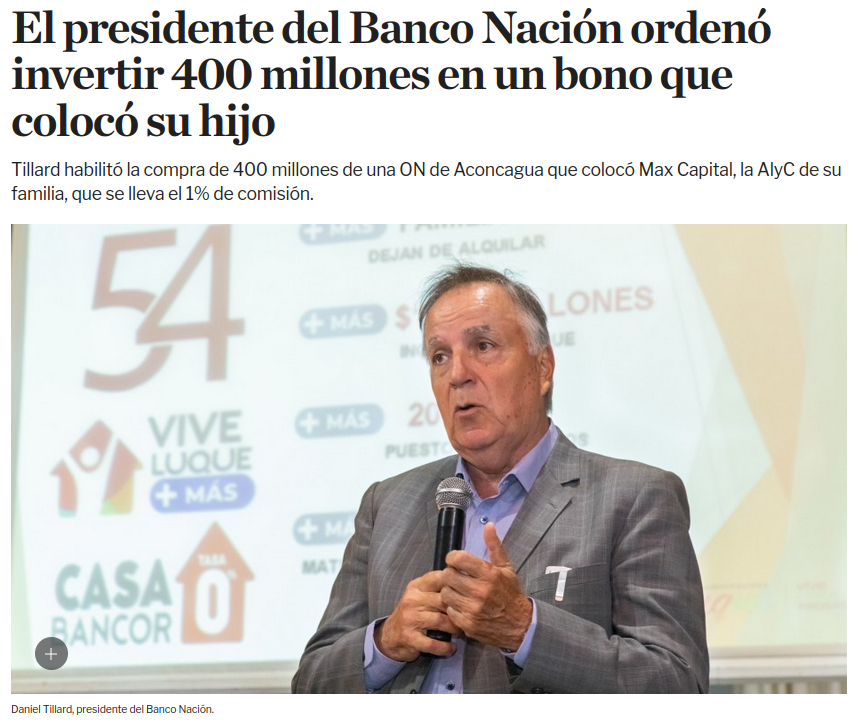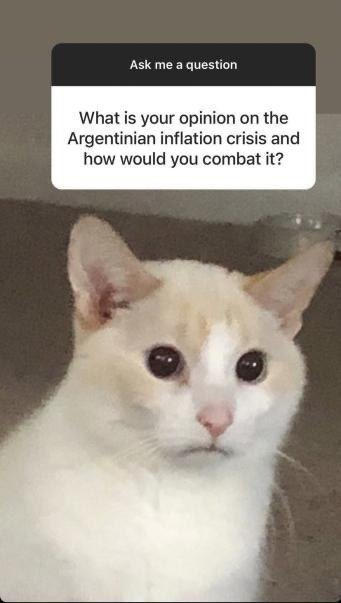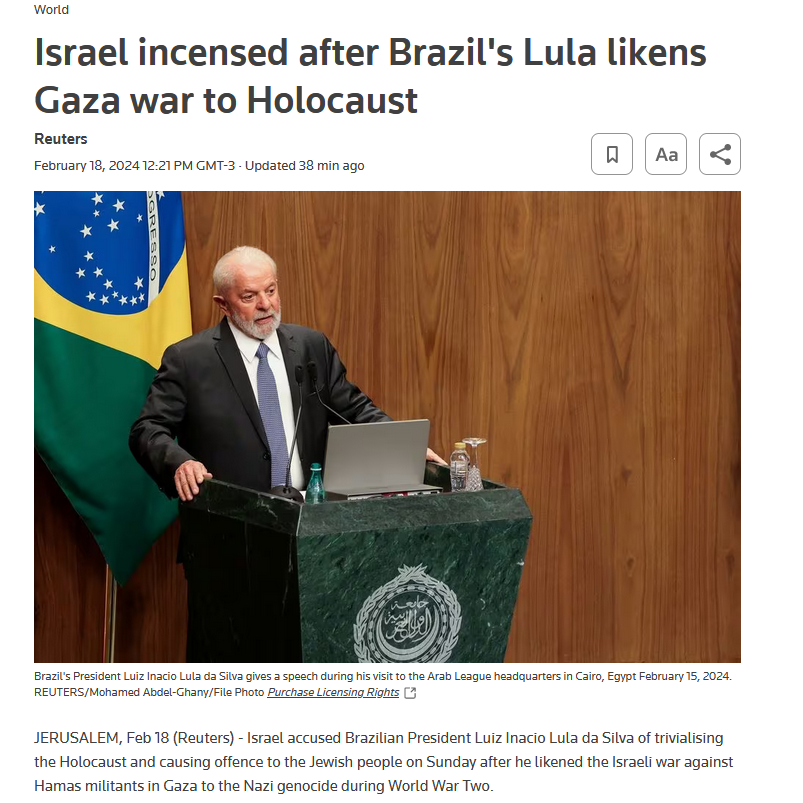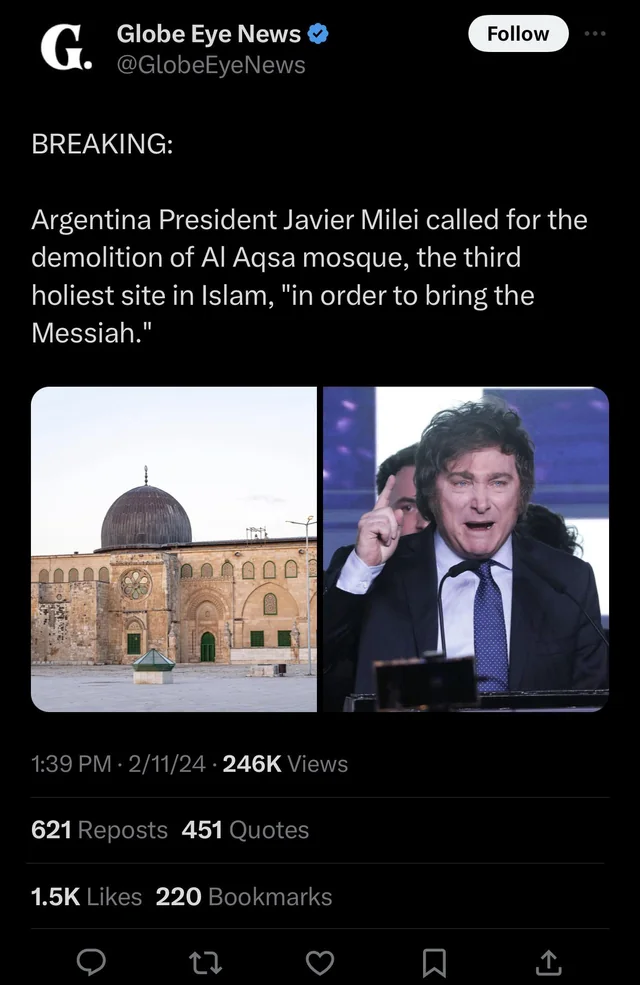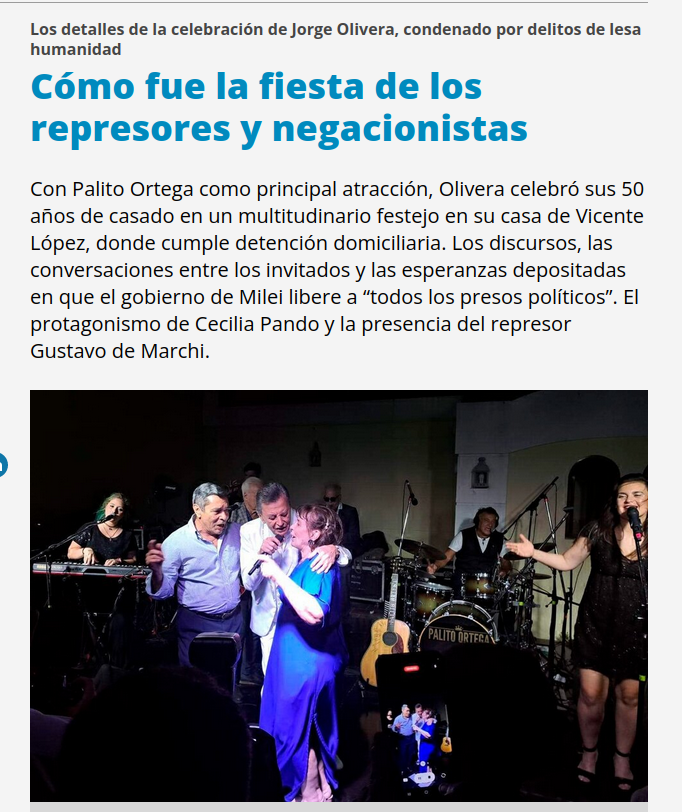latam
8001 readers
1 users here now

[GUARANÍ] Tereg̃uaheporãite / [ES] Bienvenidos / [PT] Bem vindo / [FR] Bienvenue / [NL] Welkom
Everything to do with the USA's own Imperial Backyard. From hispanics to the originary peoples of the americas to the diasporas, South America to Central America, to the Caribbean to North America (yes, we're also there).
Post memes, art, articles, questions, anything you'd like as long as it's about Latin America. Try to tag your posts with the language used, check the tags used above for reference (and don't forget to put some lime and salt to it).
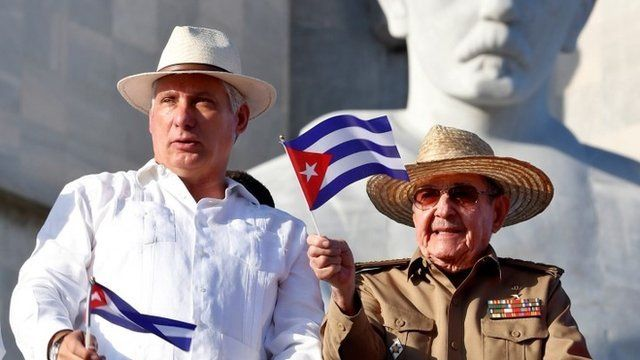
founded 4 years ago
MODERATORS
26
27
28
29
30
31
32
33
34
35
36
37
38
39
40
41
42
43
44
45
46
47
48
49
50


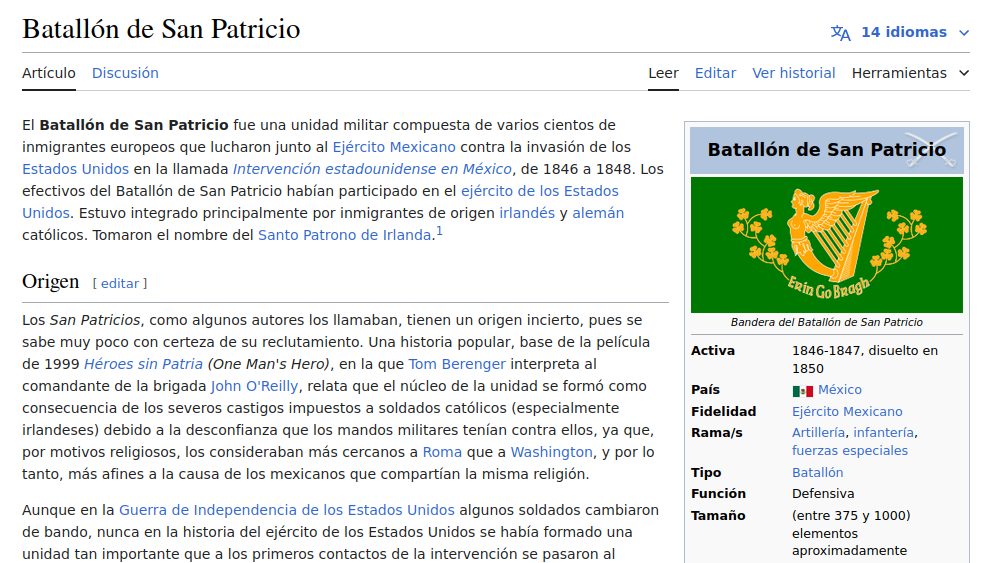
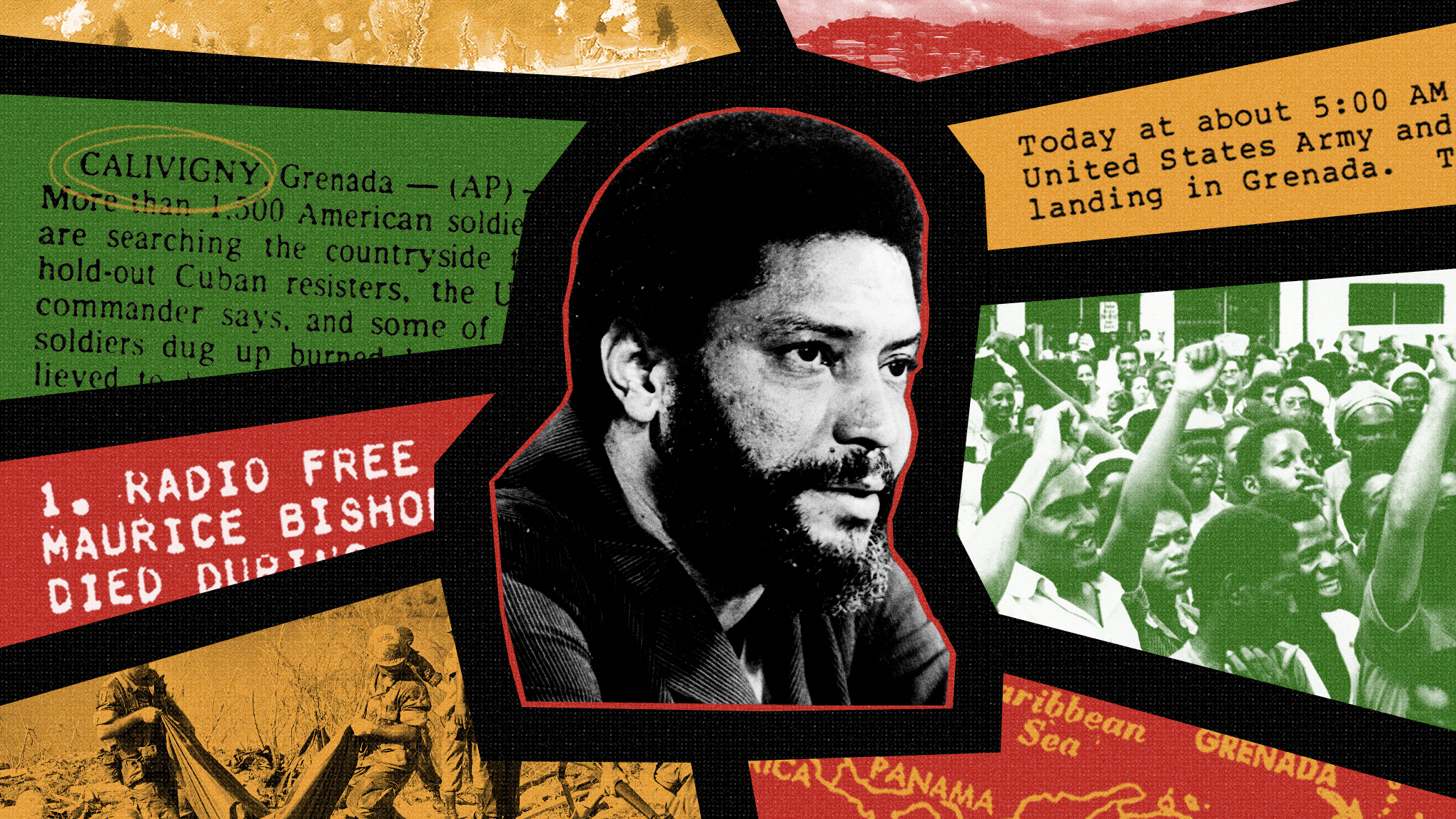
 wouldn't call it more polarized than ever (jacobin cmon), but seems like a not good situation tbh.
wouldn't call it more polarized than ever (jacobin cmon), but seems like a not good situation tbh.
